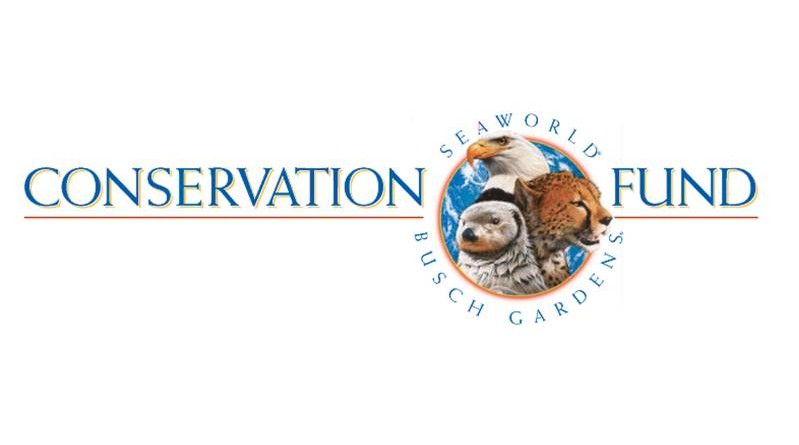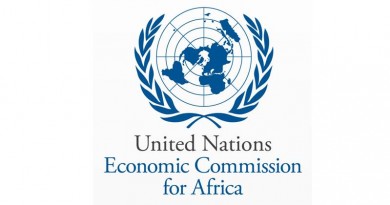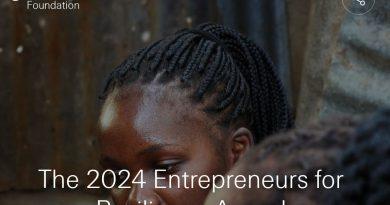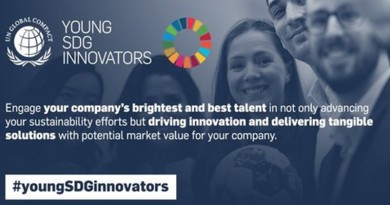SeaWorld & Busch Gardens Conservation Fund: Inviting NGOs around the World
Applications are open for SeaWorld & Busch Gardens Conservation Fund to work with purpose and passion on behalf of wildlife and habitats worldwide, encouraging sustainable solutions through support of species research, animal rescue and rehabilitation and conservation education.
Priority Areas
- Species Research:
- Marine Fish Sustainability: Research that contributes to the ability to create sustainable populations of marine fishes through aquaculture, with great emphasis on the most popular marine fishes in home hobbyist and commercial aquariums. Research can focus on fish lifecycles, nutrition, reproduction and aquaculture techniques.
- African Mammals: Research focused on ecology and conservation; specifically distribution, ranges, corridor mapping and threats. Research focused on physiology, disease/mortality, longevity, distribution and other measures of population health in African mammals.
- Marine Mammals: Research on the ecology, behavior, distribution, reproduction, physiology and population health of marine mammals.
- Penguins and Alcids: Research on the conservation, behavior, distribution, reproduction, longevity, mortality, physiology and population health of penguins and alcids. Research also can include diet studies, disease detection, prevention and treatment, and testing of new data collection technologies.
- Sharks: Research on the conservation, ecology, behavior, distribution, reproduction, physiology and population health of sharks.
- Reintroduction: Research that provides data and recommendations on the best practices for reintroduction of rescued and/or rehabilitated mammals into the wild.
- Animal Rescue/Rehab:
- Wildlife Trade and Anti-Poaching: Programs designed to reduce wildlife trafficking and enforce wildlife trade laws, with specific emphasis on programs reducing illegal trade of endangered species products. Efforts to reduce poaching of endangered and threatened species. Particular interest in programs focused on reducing trafficking of rhinoceros, shark, parrot, pangolin, elephant or big cat products.
- Elephants: Programs designed to protect, rescue or rehabilitate African or Asian elephants.
- Sea Turtles: Programs designed to protect, rescue or rehabilitate North, Central or South American sea turtles (including nest protection).
- Penguins: Programs designed to protect, rescue or rehabilitate penguins.
- Marine Mammals: Programs designed to protect, rescue or rehabilitate marine mammals.
- Rhinoceros: Programs designed to protect, rescue or rehabilitate African rhinoceros.
- Wolves : Programs designed to protect, rescue or rehabilitate North American wolves.
- Great Apes: Programs designed to protect, rescue or rehabilitate Great Apes.
- Xenathrans: Programs designed to protect, rescue or rehabilitate anteaters, sloth and armadillos.
- Native Wildlife Near SEA Parks: Native wildlife rescue programs located in Florida, California, Texas, Pennsylvania, or Virginia. Proposals that focus on prevention education, operational sustainability, supplies and dietary needs are most successful.
- Conservation Education:
- Nature Deficit Disorder: Programs designed to encourage youth to spend more time outdoors connecting with nature. This includes education programs for youth who live in biodiverse range countries to understand the value of nature and the mechanisms for sustainability.
- Leadership Development: Programs designed to identify potential conservation leaders and develop their leadership skills and knowledge base. Specifically, these programs can target young adults and offer peer connections within the conservation community to further develop the next generation of conservation leaders.
- Alternative Income: Programs designed to retrain or develop viable alternative employment opportunities for people and communities reliant upon economic opportunities that directly impact wildlife and habitat. Programs can include training and support to provide alternatives to poaching, livestock farming, or logging.
- Habitat Protection:
- Coral Reef: Support for the creation, restoration and maintenance of marine protected areas along coral reefs located in North, Central and South America. Successful proposals can include research necessary to implement marine protected areas, populations studies of reef species, and restoration efforts to reverse the impacts of man-made and natural impacts to the reef
- Marine/Aquatic Debris: Efforts to remove marine and aquatic debris from waterways, estuaries, coasts and underwater. Includes efforts to identify sources of pollution and physically remove debris.
- Habitat Restoration: Projects providing important large scale habitat enhancements such as corridor mapping, and creation and protection of habitat for endangered species limited by range restrictions are considered.
- Freshwater Ecosystems: Projects focused on restoration, preservation, and protection of Florida-based freshwater ecosystems, with specific focus on the Florida Everglades.
Funding Information
Although there is no limit to the size of the application request, most grants range between $10,000 to $25,000 USD.
Eligibility Criteria
- The SeaWorld & Busch Gardens Conservation Fund accepts applications from non-profit organizations, governmental entities, and schools and universities.
- Organizations can be U.S.-based or international.
- The Fund only supports projects that align with its priorities.
How to Apply
Applications must be submitted online via given website.
For more information, visit SeaWorld & Busch Gardens Conservation Fund.




